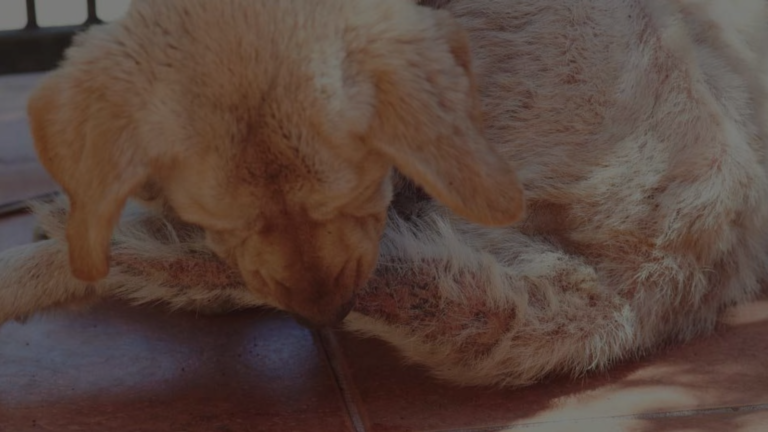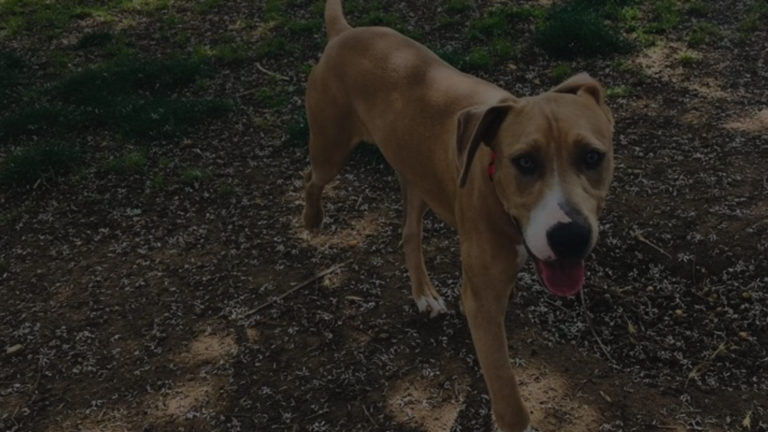Has your furry friend ever presented you with a peculiar gift – their favorite squeaky toy shoved insistently against your leg? While initially perplexing, this behavior is quite common and often stems from a combination of your dog’s instincts, affection, and desire for interaction. You might be thinking why does my dog push his toys against me?
Understanding the reasons behind this playful push can strengthen your bond with your canine companion and help you respond in a way that caters to their needs.
Why Does My Dog Push His Toys Against Me?
There are several possible explanations for why your dog might push their toys against you:
- Seeking Attention and Play: This is the most common reason. Your dog might be inviting you to engage in a game of fetch, tug-of-war, or simply a playful interaction. The toy serves as an invitation, a way to initiate a fun activity together. Pay attention to their body language – are they wagging their tail, bouncing excitedly, or barking playfully? These are all signs they’re seeking your attention and want to have fun.
- Sharing Their Treasure: Dogs are social creatures who form strong bonds with their humans. Pushing their prized possession towards you can be their way of sharing something they love with you, a sign of trust and affection. They might be proud of their toy and want you to appreciate it too.
- Seeking Comfort and Security: In some cases, pushing their toy against you might be a way for your dog to seek comfort and reassurance. This is especially true for anxious or nervous dogs. Your presence and the familiar scent of your toy can provide them with a sense of calm and security.
- Nesting Instinct: Some breeds, particularly those with strong maternal instincts, might push their toys against you as a nesting behavior. They might see you as their “alpha” and view your lap or legs as a haven for their prized possessions.

Image Credit: Petguide.com - Medical Reasons: While less common, there could be underlying medical reasons for your dog’s behavior, such as dental pain or discomfort in their mouth. If the pushing is accompanied by other symptoms like excessive drooling or difficulty chewing, consult your veterinarian to rule out any medical issues.
How to Interact with Your Playful Pup
Once you understand the possible reasons behind your dog’s push, you can respond in a way that strengthens your bond and addresses their needs:
- Engage in Play: If your dog is seeking attention and play, the best response is to join in! Initiate a game of fetch, or tug-of-war, or simply throw the toy and encourage them to chase it. This will provide them with the physical and mental stimulation they crave and reinforce the positive association between you and their toys.
- Offer Affection: If your dog seems to be sharing their treasure or seeking comfort, offer them some gentle petting and praise. This will reassure them and solidify your bond.
- Provide a Safe Space: If your dog exhibits nesting behavior, ensure they have a designated “safe space” in your home, like a comfortable bed or crate, where they can feel secure and store their toys.

Image Credit: Amazon / Bedsure Store - Consult a Veterinarian: If you suspect an underlying medical issue, consult your veterinarian for proper diagnosis and treatment.
Additional Tips for a Happy and Playful Pup
- Rotate Toys: Keep your dog’s interest piqued by rotating their toys regularly. This will prevent them from getting bored with any one toy and encourage them to continue engaging with them.
- Schedule Playtime: Dedicate specific times each day for playtime with your dog. This will help them release energy, stay mentally stimulated, and strengthen their bond.
- Positive Reinforcement: Always use positive reinforcement techniques when interacting with your dog. Reward their desired behaviors with praise, treats, or petting to encourage them to repeat them.
By understanding your dog’s unique personality, motivations, and body language, you can decipher the meaning behind their playful push and respond in a way that strengthens your bond and creates a happy and fulfilling relationship for both of you. Remember, a playful dog is a happy dog, and by engaging in their playful antics, you’ll be contributing to their overall well-being and creating lasting memories together.

Resources & References
FAQs about Why Your Dog Pushes Toys Against You
Why does my dog shove their toy in my face and bark?
This could be a combination of factors. They might be inviting you to play, seeking your attention, or showing you their prized possession. Look for signs like tail wags, excited bouncing, or playful barks to confirm their intent. Respond by engaging in play or offering affection to fulfill their needs.
Is it bad if my dog pushes their toys against me?
Not necessarily! In most cases, it’s a harmless and playful behavior. However, if it becomes excessive or disruptive, or if you suspect an underlying medical issue, consult a veterinarian or animal behaviorist.
Does it mean my dog is trying to dominate me?
Pushing toys isn’t typically a dominant behavior. It’s more likely a sign of affection, playfulness, or seeking comfort. True dominance behaviors involve staring, growling, or mounting, which are much less common.
How should I respond when my dog pushes their toy against me?
The best response depends on their motivation. If they’re seeking play, engage with them! If they’re sharing their treasure, offer affection. If they seem anxious, provide comfort. Always use positive reinforcement and avoid punishing them for this playful behavior.
What if my dog only pushes specific toys against me?
Dogs often form stronger attachments to certain toys. These might be the ones they use for their favorite games or find particularly comforting. If they push these specific toys towards you, it likely signifies their special bond with you and that object.
My dog pushes toys against strangers, is that okay?
It depends on the context. If your dog is playful and friendly, it might be their way of inviting interaction. However, if they seem anxious or aggressive, it’s best to keep them on leash and avoid letting them approach strangers. Train your dog to focus on you and redirect their attention when they show unwanted behaviors towards others.









